The Intel Ethernet Network Adapter X722 features iWARP RDMA for high data throughput, low-latency workloads and low CPU utilization. The X722 is ideal for Software Defined Storage solutions, NVMe over Fabric solutions and Virtual Machine Migrations acceleration.
RDMA is a host-offload, host-bypass technology that enables a low- latency, high-throughput direct memory-to-memory data communication between applications over a network.
iWARP extensions to TCP/IP, standardized by the Internet Engineering Task Force (IETF), eliminate three major sources of networking overhead: TCP/IP stack process, memory copies, and application context switches. Based on TCP/IP, iWARP is highly scalable and ideal for Hyper-converged storage solutions.
The X722 is one of the Intel® Ethernet 700 Series Network Adapters. These adapters are the foundation for server connectivity, providing broad interoperability, critical performance optimizations, and increased agility for Telecommunications, Cloud, and Enterprise IT network solutions.
- Interoperability – Multiple media types for broad compatibility backed by extensive testing and validation.
- Optimization – Intelligent offloads and accelerators to unlock network performance in servers with Intel® Xeon® processors.
- Agility – Both Kernel and Data Plane Development Kit (DPDK) drivers for scalable packet processing.
Built on more than 35 years of continuous Ethernet innovations, the Intel® Ethernet 700 Series delivers networking performance across a wide range of network port speeds through intelligent offloads, sophisticated packet processing, and quality open source drivers.
All Intel® Ethernet 700 Series Network Adapters include these feature-rich technologies:
Flexible and Scalable I/O for Virtualized Infrastructures
Intel® Virtualization Technology (Intel VT), delivers outstanding I/O performance in virtualized server environments.
I/O bottlenecks are reduced through intelligent offloads such as Virtual Machine Device Queues (VMDq) and Flexible Port Partitioning, using SR-IOV with a common Virtual Function driver for networking traffic per Virtual Machine (VM), enabling near-native performance and VM scalability. Host-based features supported include:
VMDq for Emulated Path:
VMDq, enables a hypervisor to represent a single network port as multiple network ports that can be assigned to the individual VMs.
Traffic handling is offloaded to the network controller, delivering the benefits of port partitioning with little to no administrative overhead by the IT staff.
SR-IOV for Direct Assignment: Adapter-based isolation and switching for various virtual station instances enables optimal CPU usage in virtualized environments.
- Up to 128 VFs, each VF can support a unique and separate data path for I/O related functions within the PCI Express hierarchy.
- Use of SR-IOV with a networking device, for example, allows the bandwidth of a single port (function) to be partitioned into smaller slices that can be allocated to specific VMs or guests, via a standard interface.
Intel Ethernet Adaptive Virtual Function (Intel Ethernet AVF):
A virtual function driver that eases SR-IOV hardware upgrades or changes, and preserves base mode functionality in hardware and software.
Customers deploying mass-scale VMs or containers for their network infrastructure now have a common Virtual Function (VF) driver. This driver supports a Base Mode and advanced set of features on the Intel Ethernet 700 Series.
- iWARP RDMA
- PCI Express* (PCIe) v3.0, x8
- Network Virtualization offloads: VXLAN, GENEVE, and NVGRE
- Intel® Ethernet Flow Director for hardware based application traffic steering
- Data Plane Development Kit (DPDK) optimized for efficient packet processing
- Excellent small packet performance for network appliances and Network Functions Virtualization (NFV)
- Intelligent offloads to enable high performance on servers with Intel® Xeon® Processors
- I/O virtualization innovations for maximum performance in a virtualized server


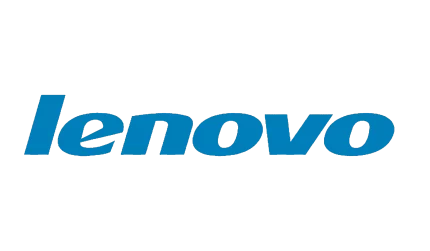


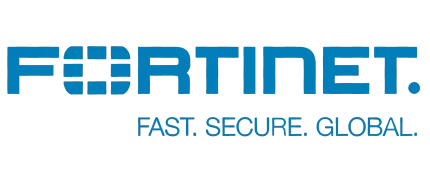
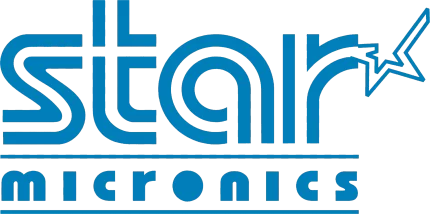







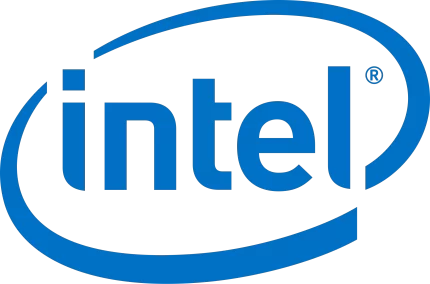
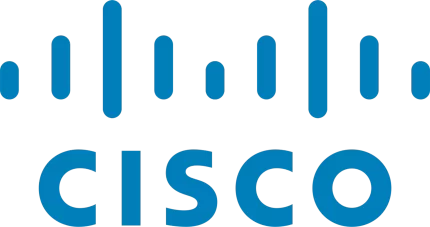
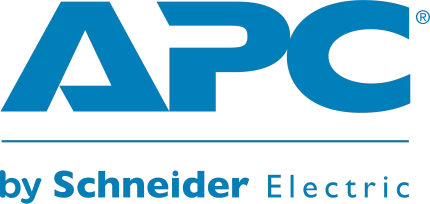
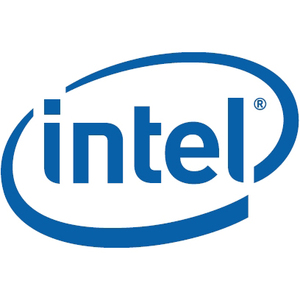
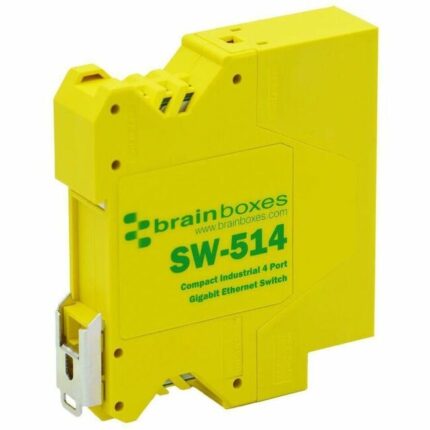
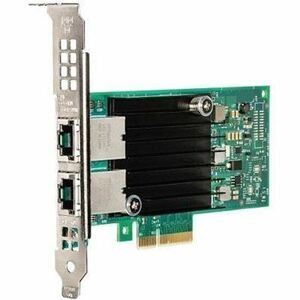


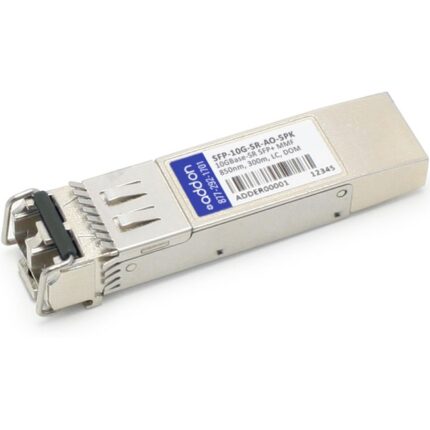
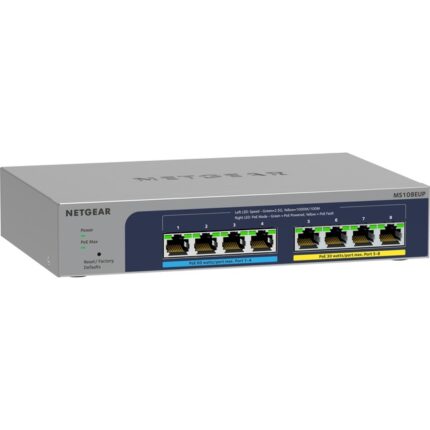
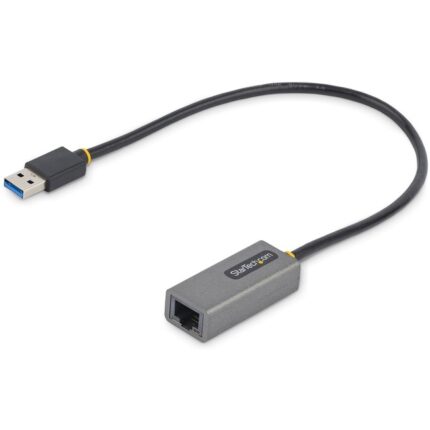
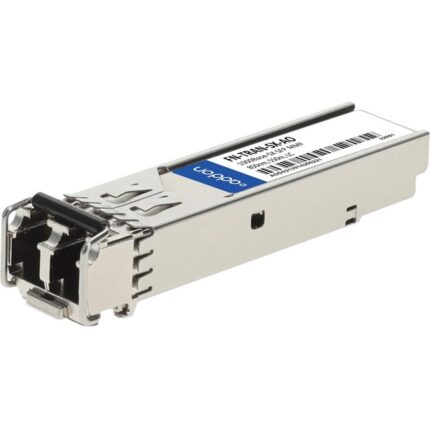
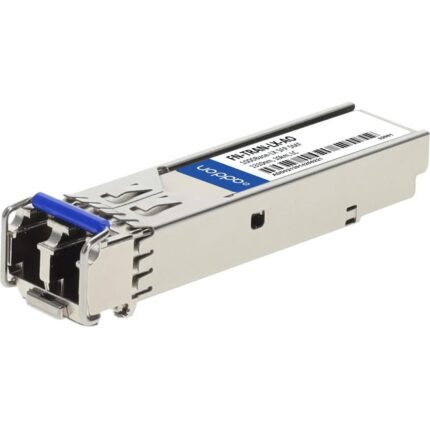
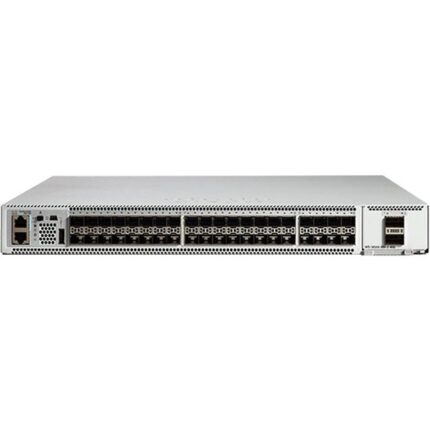
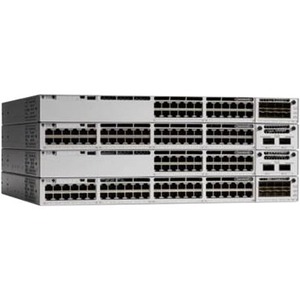
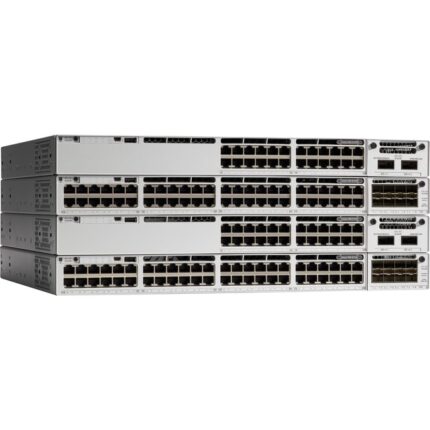
Reviews
There are no reviews yet.